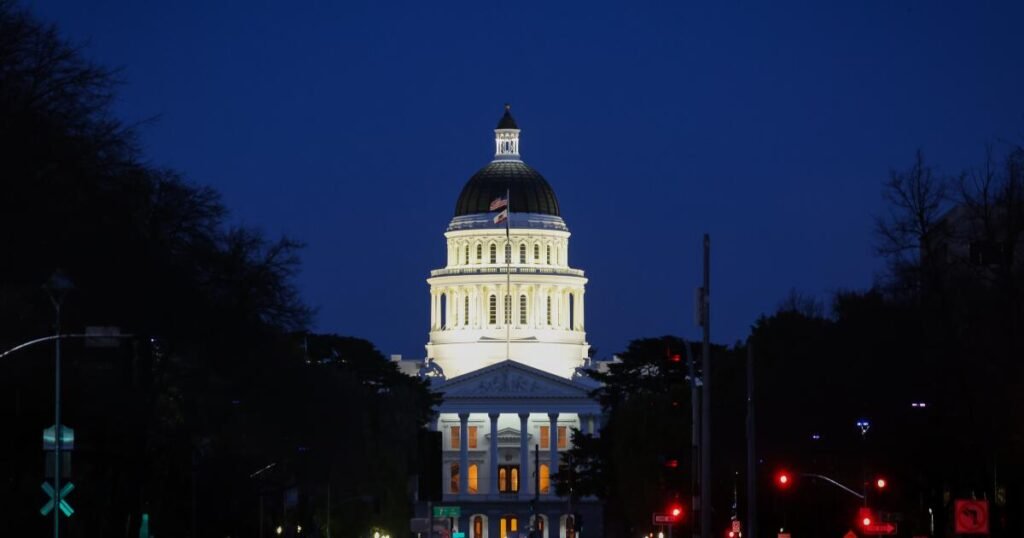California lawmakers have announced plans to move forward with a bond measure that would add $20 billion to the state's debt but would provide funding to respond to climate-related disasters, ensure clean drinking water, and modernize school buildings.
two climate and education The bond measures, which would borrow $10 billion each, could be put before voters on the November ballot if approved by the Legislature this week and then signed by Gov. Gavin Newsom.
“These bond measures are critical to the future of our state,” California Senate President Pro Tempore Mike McGuire (D-Healdsburg) said in a statement.
Top Democratic lawmakers announced the bond agreement on the Capitol on Sunday after months of private negotiations over how much to borrow and what issues to address in long-term financing. The deal lowered the demands — from earlier proposals of more than $14 billion and $15 billion, respectively — but dropped plans to seek a bond measure to fund affordable housing.
The bond deal came after Newsom on Saturday signed a budget bill that would close an estimated $46.8 billion deficit with spending cuts and temporary tax increases on some businesses. If the bond measure wins voter approval, it would allow lawmakers to borrow money not allocated in the budget.
Environmental groups including the California Biodiversity Institute have backed a climate bond aimed at helping communities “avoid and recover” from disasters like flooding and heatwaves. If passed, it would be the largest climate investment in state history.
“Every part of the state is affected, and if we don't act now, the costs of addressing those impacts will become increasingly staggering,” said state Sen. Ben Allen (D-Santa Monica), chairman of the Senate Environmental Quality Committee.
Many school districts support an education bond measure to modernize schools that need new heating and cooling systems, libraries and broadband internet, but civil rights group Public Advocates has threatened to sue over the bill, accusing it of an “unfair apportionment formula” that could discriminate against low-income school districts.
“This bond will continue to direct more state bond funds to wealthier districts with higher property valuations and greater ability to raise local debt,” Public Advocates said in a statement Sunday.
If the state Legislature approves the climate and education measures this week, voters may not approve them in November. In this year's primary, voters narrowly approved Proposition 1, a $6.4 billion bond measure to reform California's mental health care system.
according to Recent Opinion Polls In a survey conducted by the Public Policy Institute of California, 64% of voters surveyed said it was a “bad time” to issue state bonds. California has about $79 billion in outstanding debt. according to the nonpartisan Legislative Analysis Service;
The Associated Press contributed to this report.
















